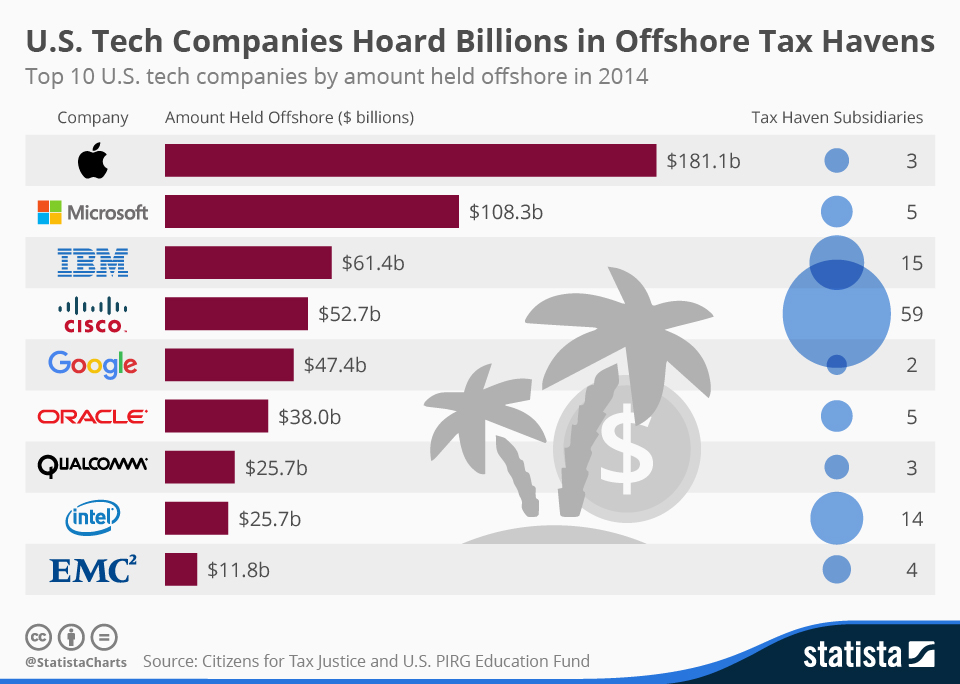
Bank consulting offers many benefits including career paths, travel opportunities, and a salary. In this article we look at the advantages of this work and its implications for the banking industry. We also consider the pros and disadvantages of this position. We also consider the main challenges consultants face, such as the possibility of relocation.
Benefits of consulting with banks
The need to increase efficiency and decrease costs is the reason why there is such a demand for consultants within the banking industry. Banks are also facing regulatory changes, such as the Dodd-Frank Act, which require them to implement new systems and procedures. While it can be a very lucrative career, the process of consulting banks requires extensive training. Bank consultants typically have a bachelor's degree, usually in accounting, finance, or business administration. They also receive on-the job training. They are required to have multiple licenses or certifications.
Bank consultants must have strong problem-solving abilities and analytical skills. They may need to explain complex financial concepts to customers and bank managers. They might also be required to make recommendations based upon information received from clients.

Career path
There are many similarities between these professions. However, there are also many differences between banking and consulting. Although they may be very close to an institution, they have vastly different cultures and lifestyles. Consultants work less than their bank counterparts and enjoy a more collaborative atmosphere. Consultants are a good choice for anyone who values flexibility and can take more weekends off.
The majority of consulting jobs are safe. But banking jobs require traveling. Many consultants commuting to New York, New Jersey, or London will spend a significant portion of their time away from home.
Salary
Bank consulting salaries are comparable to most other types of consulting positions. However, bonuses often make up more than half of annual compensation. The extra money is the defining factor in investment banking, and it can be challenging to recruit top candidates from the consulting world. Nearly half of McKinsey employees went into finance.
Consultants and bankers often lead similar lives, even though they work longer hours. In their first years, new bankers usually work between seventy and ninety hours per day. Weekends and Sundays are often a full work week for bankers. Consultants typically work 60 hours per week and may be required to travel.

Travel
Banks are always looking for ways to increase the value of their travel offerings. There are many options. To increase flexibility and decrease costs, banks can make use of cloud-based travel technology. They can also provide travel advice, offer additional benefits, or engage in business network. You can also refer travel consultants to help you attract new clients.
Travel consultants can help organize travel arrangements and make recommendations to ensure their clients have a wonderful experience. For their clients, they might also call the frequent flyer department to make sure that they get the best possible deals. They also have the personal phone numbers of mileage experts that they can call and refer clients to. These professionals are also invited to attend fam trips, and they receive invitations for the latest travel products and services.
FAQ
What should your consulting fees be?
It all depends on the service you offer. You don't have to charge anything if you provide services free of charge. If you sell products or services, however, you must set prices based upon value.
You don't have any products to sell if you provide low-quality services. You are not worth anything, so why should anyone pay you anything.
You might be able ask for a more expensive price if your services are of high quality. People recognize the value in you offering. Clients who purchase multiple packages may be eligible for discounts.
How can I start an LLC consulting company?
First, determine what you are looking to do as service provider. Next, you must ensure that you are qualified to provide those services. You might find someone who does the same thing you are interested in and learn from them.
Once you have a clear idea of what you are offering, you can start to identify your target market. If they aren't available, you may need them to be created.
You then have to decide whether or not you want to open your own company, or hire other people to do it.
A license from the state could be required to start your own consulting business. However, this can take some time and require legal fees.
Can anyone be an advisor?
Consultants are people who help you reach your goals by giving advice about how to make it better, faster, or cheaper.
Consultants can help you resolve problems, make decisions, and negotiate with other people.
For specific tasks or projects, consultants are often hired.
In reality, consultants are generally paid hourly or daily rates and not per project.
Why would a company hire consultants?
A consultant offers expert advice on improving your business performance. Consultants are not there to help you sell products.
A consultant is a person who helps companies make better choices by providing sound analysis, and making recommendations for improvement.
Senior management teams often have consultants working closely with them to help them understand their needs.
They also provide leadership training and coaching to ensure employees develop the skills necessary to perform at peak levels.
They may advise businesses on reducing costs, streamlining processes, and increasing efficiency.
What skills do I need for consulting?
Consultants should be able to communicate effectively and have excellent analytical skills. This is crucial because you might not be able to understand what you are doing when you work on complex projects. You must learn how to manage people and solve problems quickly.
Communication skills are essential. Most clients expect an answer within 24 hours. If they don't hear back from you, they assume you aren't interested. It is important to keep them updated and make sure they fully understand the situation.
What qualifications do you need to be a consultant?
It is not enough to have an MBA degree. You must also have experience as a consultant. A minimum of two years' experience in consulting, training and/or advising a major company is necessary.
You should have had experience working with senior management to create strategy. This requires you to feel confident presenting ideas to clients, and getting buy-in.
You'll also need to pass a professional qualification exam such as the Chartered Management Institute's Certified Management Consultant (CMC) certification.
Who hires consultants
Many businesses hire consultants to assist them with their projects. These can include small businesses and large corporations, government agencies as well non-profits and educational institutions.
Some consultants work directly with these organizations while others freelance. In either case, the hiring process varies depending on the size and complexity of the project.
Before you can hire a consultant, there will be several rounds of interviews.
Statistics
- WHY choose me: Why your ideal client should choose you (ex: 10 years of experience and 6-week program has helped over 20 clients boost their sales by an average of 33% in 6 months). (consultingsuccess.com)
- Over 62% of consultants were dissatisfied with their former jobs before starting their consulting business. (consultingsuccess.com)
- So, if you help your clients increase their sales by 33%, then use a word like “revolution” instead of “increase.” (consultingsuccess.com)
- Over 50% of consultants get their first consulting client through a referral from their network. (consultingsuccess.com)
- According to statistics from the ONS, the UK has around 300,000 consultants, of which around 63,000 professionals work as management consultants. (consultancy.uk)
External Links
How To
How do you find a good advisor?
It is important to understand what you are looking for in a consultant before you can find one. Do you want them help improve your website's efficiency? Are you looking for them to help optimize your website to rank higher on search engines? Maybe you want someone to check on your current hosting provider and tell you if it is in need of improvement. After you have decided what services you need, it is time to start looking at potential companies. Many consultants claim that they can offer these services. But only a small percentage of them are able to deliver. How can you pick the right one? Here are some tips to help you choose a consultant.
-
Refer to others. Referring to other consultants is the best way of choosing a consultant. Because you are likely to pay too much, you shouldn't hire someone who you have never heard of. You also don't want someone with a poor reputation to work for you. If you have the good fortune to get referrals from trusted people, great! Even if you don’t have any referrals, you can still look online for reviews. Find testimonials and case study examples from customers who have used your product.
-
Ask around. Many people don't realize that consulting could be beneficial for them. People believe they don't have to make any changes because they are currently doing well. This is often not true. Even if your results are great, there's a good chance that you haven’t kept up with the latest trends and technologies. And if you're relying on outdated methods, you'll miss out on opportunities to grow your business. Ask around to find a qualified consultant.
-
Be sure to check their credentials. When you're looking for a consultant, it doesn't matter whether you're building a small blog or launching a multi-million dollar eCommerce store; you want to be sure that whoever you hire has the skills needed to handle your project. You need to ensure that the person you hire is qualified to do the job and has sufficient knowledge in the subject.
-
Find out what kind of projects they specialize in. While you might assume that everyone can handle everything, this isn't true. Some areas require specific types of training or education. For example, if you need someone to build a WordPress theme, you won't want to hire a developer who specializes in Drupal. The same applies to programming languages, graphic design and other areas. It is important to inquire about the types of projects that they work on.
-
It is important to know what the charges are. As we stated, you don’t want to pay too little for a consultant. You don't necessarily want to pay too low, but you shouldn't either. There are many types of consultants. Some charge hourly rates while others bill per project. You will save money if you know exactly what you're going to pay upfront.
-
Learn what they offer. Are they available for free consultations They will be able to offer you guidance on setting up your own system. Are they able to guarantee that your site will rank better after working with you? You can cancel the consultation without penalty if your opinion is not what you wanted.
-
You can also find out if they offer discounts on multiple months or over years. Many consultants offer extended discounts for long periods. It is not necessary to commit to an entire year. However, you could still benefit from any deals offered by the consultants.